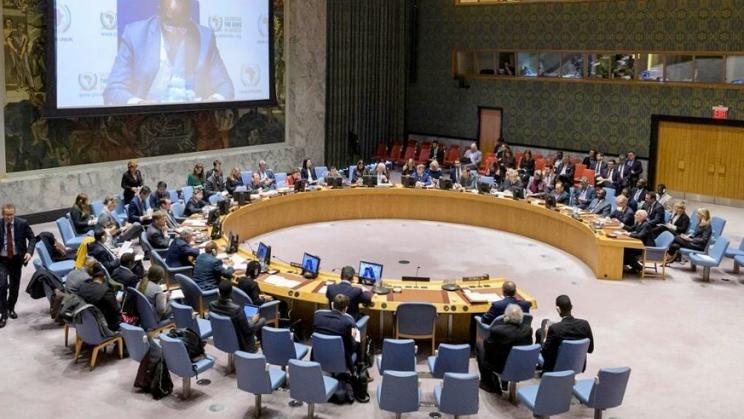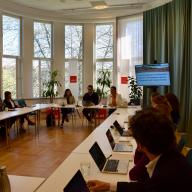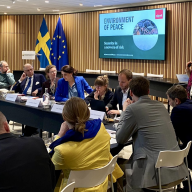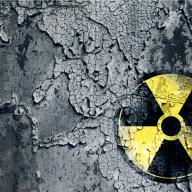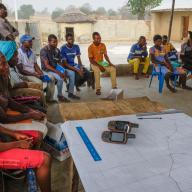Climate-related peace and security risks
Climate change is transforming and redefining the global security and development landscape. The implications of climate change for peace, development and security have become increasingly recognized within the UN, African Union and European Union.
The primary objective of Climate-related peace and security risks project is to generate reliable, relevant, timely and actionable information and analysis on climate-related peace, security and development risks relating to specific countries and regions on the UN Security Council agenda. The project will also stimulate global networking among researchers and policymakers through a series of dialogues. It also seeks to establish a Nordic and Baltic Climate, Peace and Security Network. The research aims to backstop Norway’s work during their period as a non-permanent member of the UN Security Council.
The two-year project is a collaboration between the Norwegian Institute of International Affairs (NUPI) and the Stockholm International Peace Research Institute (SIPRI). The project is funded by the Norwegian Ministry of Foreign Affairs from 2020 until 2023. More information about the project is available here. Access the published reports here.
The project is co-led by Dr Cedric de Coning, Research Professor in NUPI’s Research Group on Peace, Conflict and Development; and Dr Florian Krampe, Senior Researcher in SIPRI’s Climate Change and Risk Programme.
